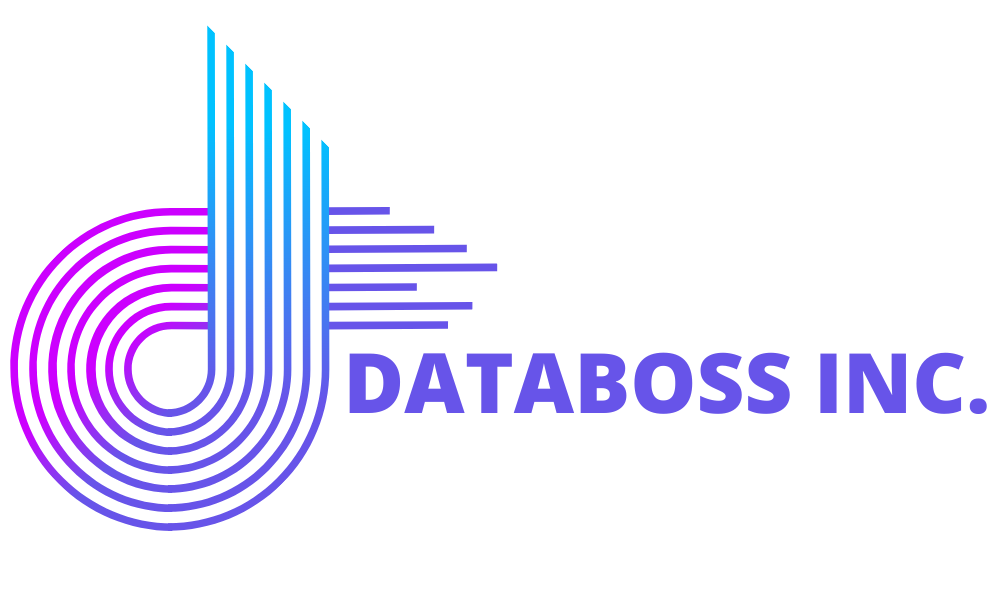The traditional way to go public
The company will typically work with an investment bank to underwrite the offering, which means that the investment bank will help the company set a price for its shares and sell them to investors. Become a publicly traded company in the U.S. financial market.
- Raise capital to grow your business
- Making your shares available to the public
Going public for the first time
Taking your company to the next level
Relation management plays vital role for the IPO

Build a company that is worth investing in:
Databoss assists companies in preparing the required documentation, meeting regulatory standards, and structuring the offering. They work closely with legal, financial, and marketing teams to ensure a smooth and compliant IPO process.
Raise substantial capital from public investors, enhancing financial stability, and brand recognition. Attracting potential customers, partners, and employees.
Raise capital through Regulations
The traditional IPO process typically involves the following steps:
- The company files a registration statement with the Securities and Exchange Commission (SEC).
- The company engages an investment bank to underwrite the offering.
- The investment bank conducts due diligence on the company and establishes a price range for the shares.
- The company conducts a roadshow to meet with potential investors.
- The company sets a final price for the shares and begins trading on a stock exchange.

Go Private to Public
Unlocking the Power of Public Markets with Databoss
Relation management plays vital role for the IPO
Precise Documentation:
Databoss’s expert team assists businesses in preparing all necessary IPO documents, including comprehensive prospectuses and accurate registration statements. Through meticulous attention to detail, they ensure that these documents comply with legal requirements, enabling a smooth and compliant IPO process.
Guiding the Way: Compliance You Can Trust:
Databoss is well-versed in SEC regulations and exchange listing requirements, ensuring that businesses sail through the regulatory complexities unscathed. By navigating the legal landscape effectively, they safeguard clients from potential legal pitfalls and instill investor confidence.
Your Path to Public Success:
In case of an unsuccessful IPO, we review your company’s management approach to help you optimally recoup losses and move forward strategically. We assist you in negotiating favorable IPO terms, including the share price and other crucial elements.Holding hands:
Databoss provides ongoing support after the IPO, facilitating investor relations and helping the company navigate the responsibilities of being a publicly traded entity. By maintaining transparent communication with investors and meeting reporting obligations, companies can foster trust and long-term relationships with their shareholders.
“Working with Databoss was a game-changer for our company’s IPO. Their deep understanding of the market. Thanks to their guidance, we confidently navigated the complexities and achieved a highly successful public offering.”
Edward Kennedy

INSIGHTS
In-Depth Insights for Your Journey
20+
100%
Success rate
$500M+
FAQ
FAQs about paid search management
Looking to learn more about paid search management for your business? Browse our FAQs:


